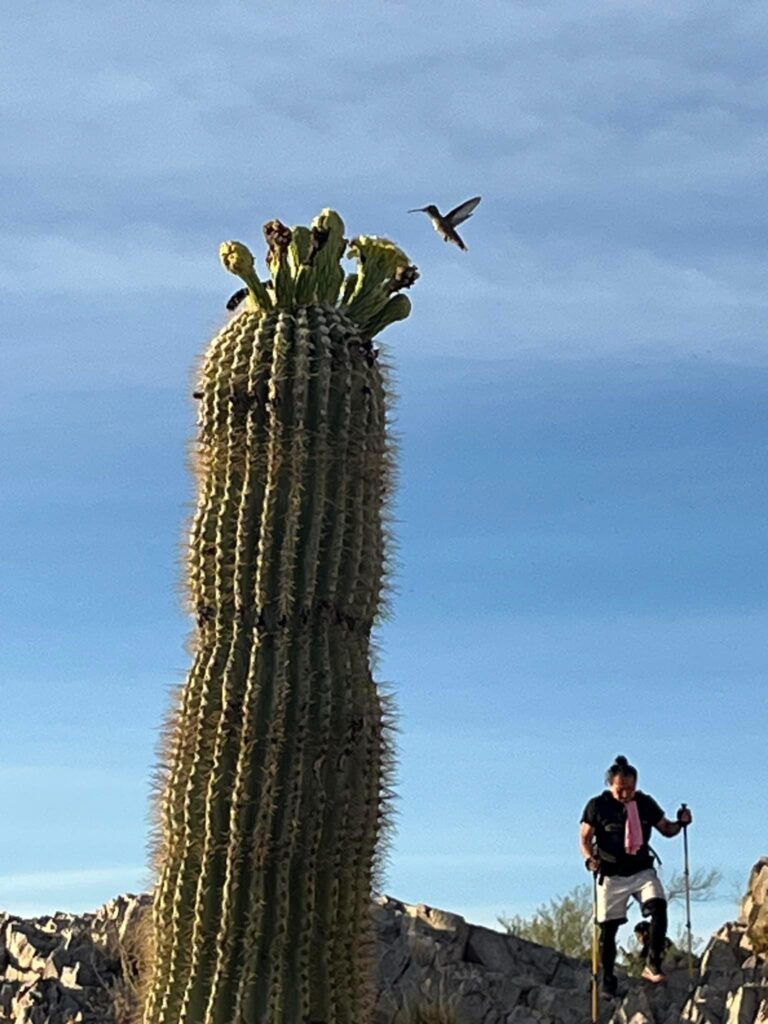Hiking is an excellent summer activity for students to learn new content and practice skills they have learned in the classroom. A hike or a short nature walk allows students to observe nature using their senses, focusing attention on the details of the objects around them. It also provides them with peaceful and calming experiences.
Hiking and nature walks help students learn to ask questions about plants, animals, and weather. They also learn to appreciate bugs, critters, and unexpected discoveries while staying safe outdoors. Being in nature encourages a greater appreciation for the outdoors. Students experience different textures of the objects around them as they walk or hike, enhancing their observation and vocabulary skills. They also learn the importance of balance and harmony with nature and how to appreciate its beauty. Students learn that living things die if mistreated or not cared for; thus, they’ll know what happens if a plant isn’t watered or if they pull a plant out of its roots.
Hiking is Healthy for Students
Engaging in hiking and nature walks contributes to students’ physical and mental well-being. Hiking and nature walks make students feel better emotionally. It reduces muscle tension and stress, making everyone feel better. Nature helps with pain. People are genetically programmed to locate trees, plants, and water. This distracts from physical pain.
Exploring the outdoors allows students to discover different plant species, climb trees, build structures using fallen branches, and uncover hidden spots in the woods. It also enhances their learning capabilities and improves attentiveness. With school out for the summer months, physical activity is important. Physical activity helps students control weight and reduces the risk of chronic diseases. Hikes and walks create a positive mindset.
Taking a minute to walk barefoot on nature walks has health advantages. A Biophysicist James Oschman explains in Energy Medicine: The Scientific Basis:
“The moment your foot touches the Earth, or you connect to the Earth through a wire, your physiology changes. An immediate normalization begins. And an anti-inflammatory switch is turned on. People stay inflamed because they never connect with the Earth, the source of free electrons that can neutralize the free radicals in the body that cause disease and cellular destruction. Earthing is the easiest and most profound lifestyle change anyone can make.”
Hiking or nature walking makes students likely to advocate for wildlife conservation. Students learn to appreciate recycling and reduce participation in activities that damage nature and the environment. Students who are active outdoors with hiking or nature walking are smarter, happier, more attentive, and less anxious than those who spend the summer indoors. Outdoor walks in nature have less structure than indoor play.
Prevent the summer slide and make time for hikes and nature walks. It stimulates the mind and keeps students physically fit.



